Women still sidelined in parliament, local councils
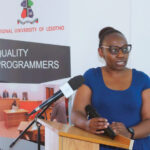
SHARE THIS PAGE!
Calls for stronger action to achieve gender parity in leadership dominated a high-level symposium hosted by the National University of Lesotho (NUL) this week, where academics, policymakers, and women leaders lamented the persistent underrepresentation of women in the country’s political and local governance structures.
The Women in Public Sector Leadership Symposium, themed “Breaking Barriers: Advancing Women’s Leadership in the Public Service for Inclusive Governance,” brought together women from across government, academia, and civil society to reflect on progress made in achieving gender equality.
The Head of NUL’s Department of Political and Administrative Studies, Dr Mamello Rakolobe, delivered a sobering analysis of gender disparities in public office.
She noted that despite gains in the judiciary and the executive, women remain underrepresented in the National Assembly and local government councils.
“Women’s representation in parliament has consistently fallen short of the 30 percent target over the past five election cycles,” Dr Rakolobe said. Data from the last five national elections show representation fluctuating between 23 and 26 percent, with the 2022 elections recording just 26 percent.
Local government, once a model for women’s inclusion, has also regressed. In 2005, women made up 58 percent of councillors; the figure dropped to 49 percent in 2011 and 40 percent in 2017.
Dr Rakolobe further stated that Lesotho, nearly six decades after independence, has never had a female Prime Minister, and only appointed its first female Deputy Prime Minister in 2022. Women’s representation in Cabinet has remained low, fluctuating between 16 and 20 percent over the past decade.
“These figures show that while women are visible in the public service, their visibility at decision-making levels remains limited,” she pointed out.
According to UNDP’s 2022 data, women make up 59 percent of public servants, but few occupy top leadership positions.
Dr Rakolobe attributed the gap to both supply-sideand demand-side barriers. Supply-side factors, she explained, include education, economic resources, ambition, and family responsibilities that limit women’s ability to compete for office. Demand-side factors involve political party preferences, voter attitudes, and the exclusionary nature of candidate selection processes.
“Women must first select themselves before they can be selected by voters or party leaders,” she stressed, highlighting the psychological and structural barriers that keep women from contesting leadership roles.
The symposium’s timing was symbolic, as it coincided with the 30th anniversary of the Beijing Declaration and Platform for Action, a landmark global agenda for women’s empowerment and equality in decision-making. The declaration envisions a world where women and girls enjoy full participation in political, economic, and social life, and are free from poverty, violence, and discrimination.
Speaking on behalf of the Principal Secretary in the Ministry of Gender, Youth and Social Development, senior official Teboho Ntlhakana said government remains committed to advancing gender equality, but acknowledged that progress has been uneven.
Ntlhakana indicated that the government has introduced several initiatives to close the gender gap and improve the socio-economic status of women, youth, and people with disabilities.
“It is a fundamental right for every person in our society to have equitable access to economic participation. Unlocking these opportunities will increase job creation and improve livelihoods for all, particularly women,” she said.
She highlighted the Gender and Development Policy (2018–2030), which focuses on empowerment, access to productive resources, and economic participation. The policy, she said, is supported by new legislation aimed at protecting women’s rights and combating gender-based violence.
Among these laws is the Harmonisation of the Rights of Customary Widows with the Legal Capacity of Married Persons Act (2022), which seeks to eliminate discrimination against widows and ensure equal property rights. Another milestone is the Counter Domestic Violence Act (2022), which strengthens protections for victims of domestic abuse and promotes justice for survivors.
Ntlhakana also acknowledged the structural barriers that continue to disadvantage women, especially in rural areas where access to education, infrastructure, and employment remains limited.
“Rural women and girls face compounded inequalities that must be urgently addressed through inclusive policy and representation,” she said.
She emphasised that platforms such as the NUL symposium are crucial for reflection and accountability.
“Through these engagements, we re-evaluate our strategies and renew our commitment to gender equality, women’s empowerment, and the realisation of fundamental rights for all,” she added.
Ntlhakana further linked gender equality to national development and peacebuilding goals, reminding delegates that the world is also marking 25 years of the UN Resolution on Women, Peace and Security.
“Let us remember that there is no sustainable development without women, and there is no peace without women,” she added.
Key speakers at the symposium included Deputy Speaker of the National Assembly, Tšepang Tšita Mosena, Justice Itumeleng Shale, Government Secretary Teboho ‘Mokela, Deputy Commissioner of Police Dr Mahlape Morai, Registrar of the High Court Advocate ‘Mathato Sekoai, and Budget Controller in the Ministry of Finance and Development Planning ‘Maleshoane Lekomola.
Collectively, they urged stronger enforcement of gender policies, reforms to party nomination systems, and mentorship for young women aspiring to leadership.
While the symposium celebrated the progress made by trailblazing women across sectors, the tone was one of urgency. Participants agreed that gender parity in Lesotho’s governance structures remain far from achieved, and that without deliberate, structural change, equality will remain an aspiration rather than a lived reality.
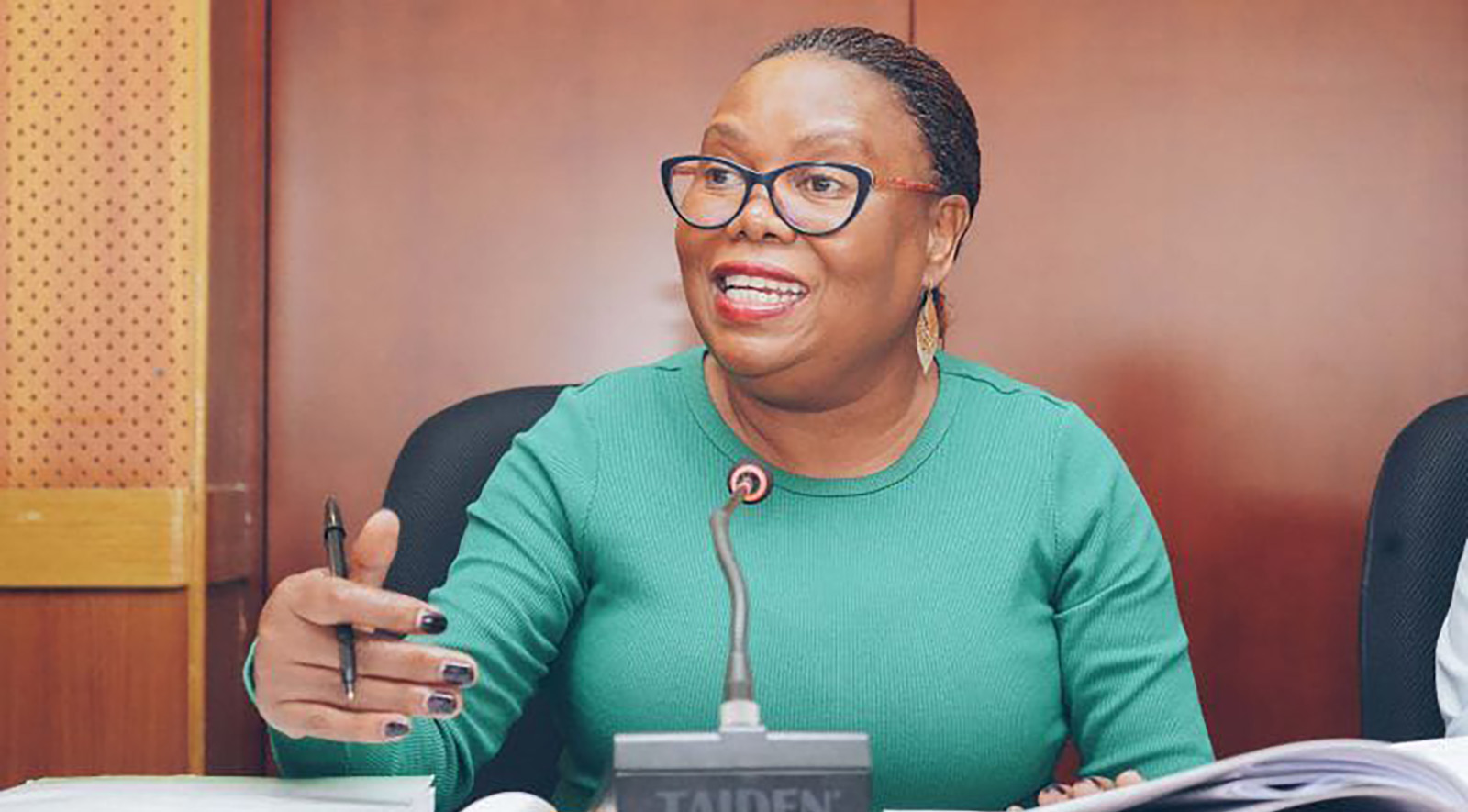
Lesotho to host SADCOPAC conference
6 days ago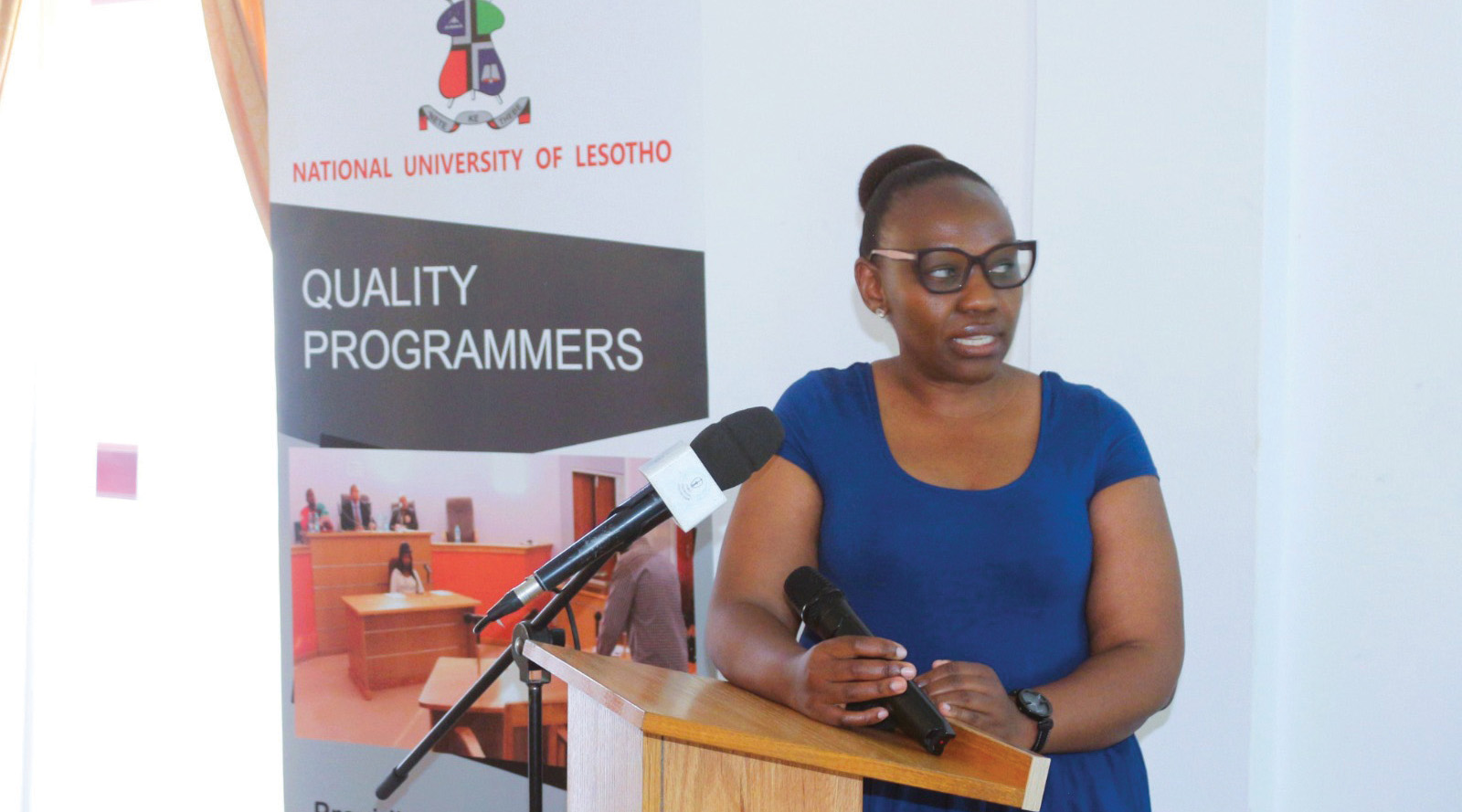
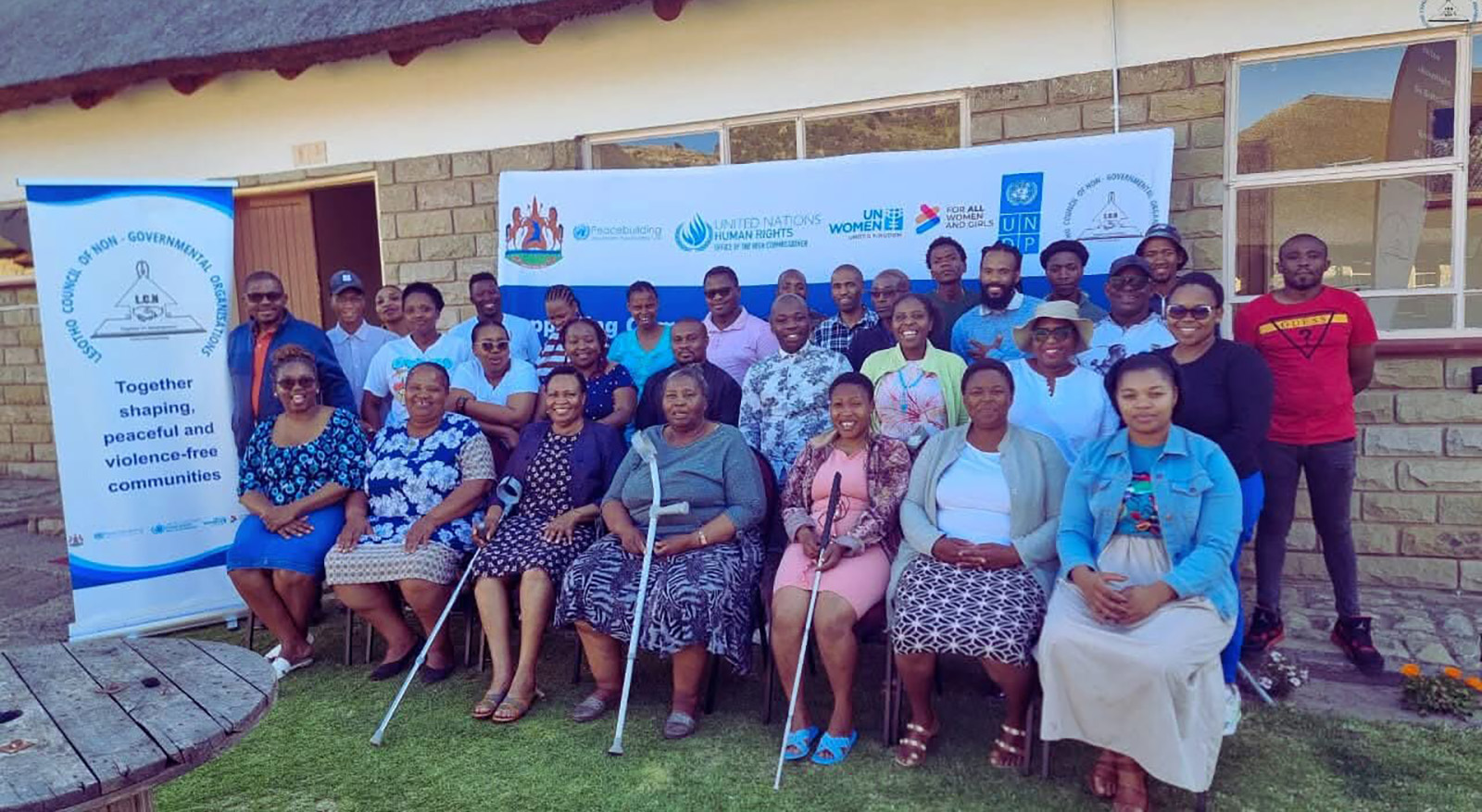
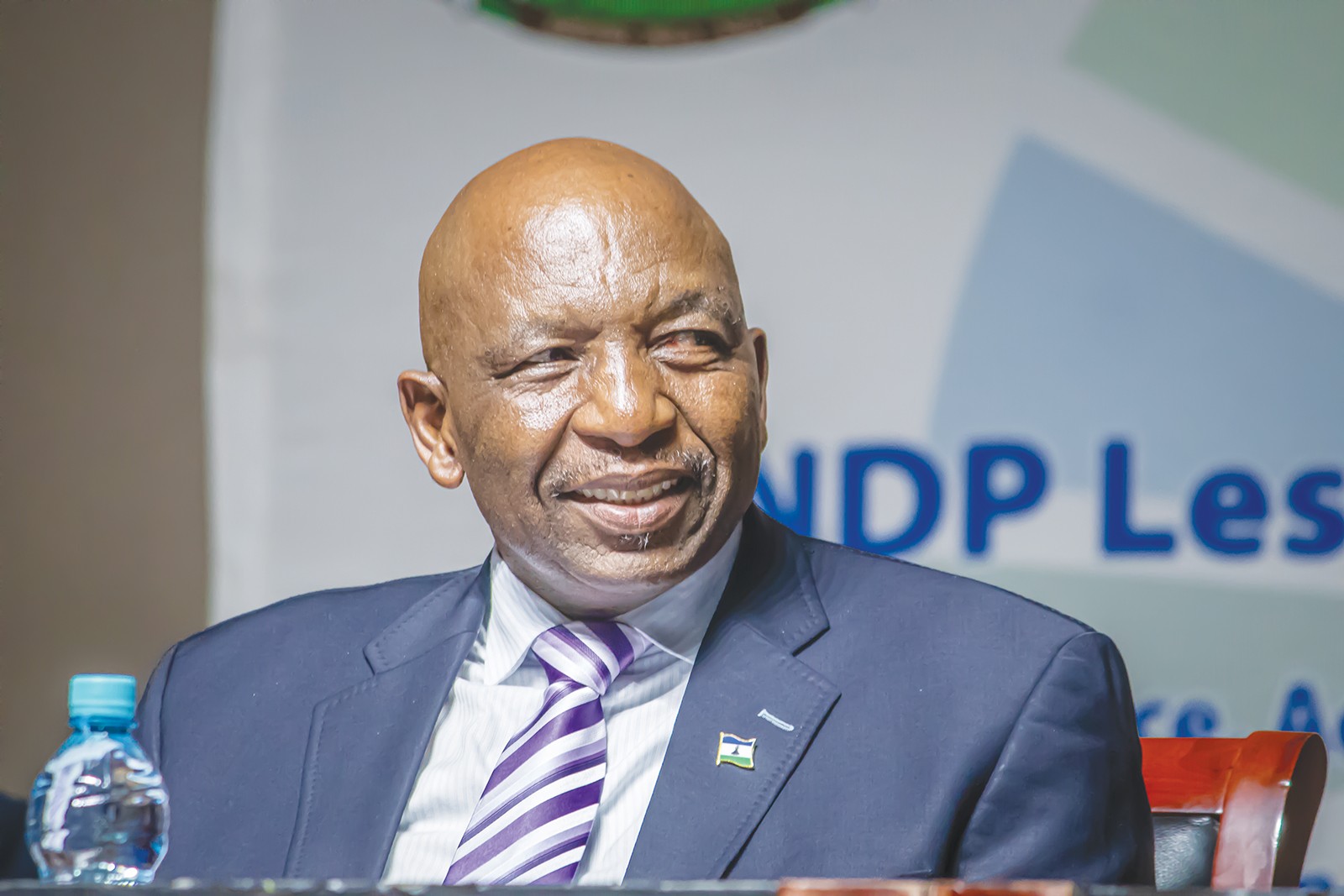
Matekane mourns former Kenyan PM Odinga
6 days ago

Union blasts govt as Kao Mine faces shutdown
9 days ago
NUL students invent M200 heartbeat tracker
9 days ago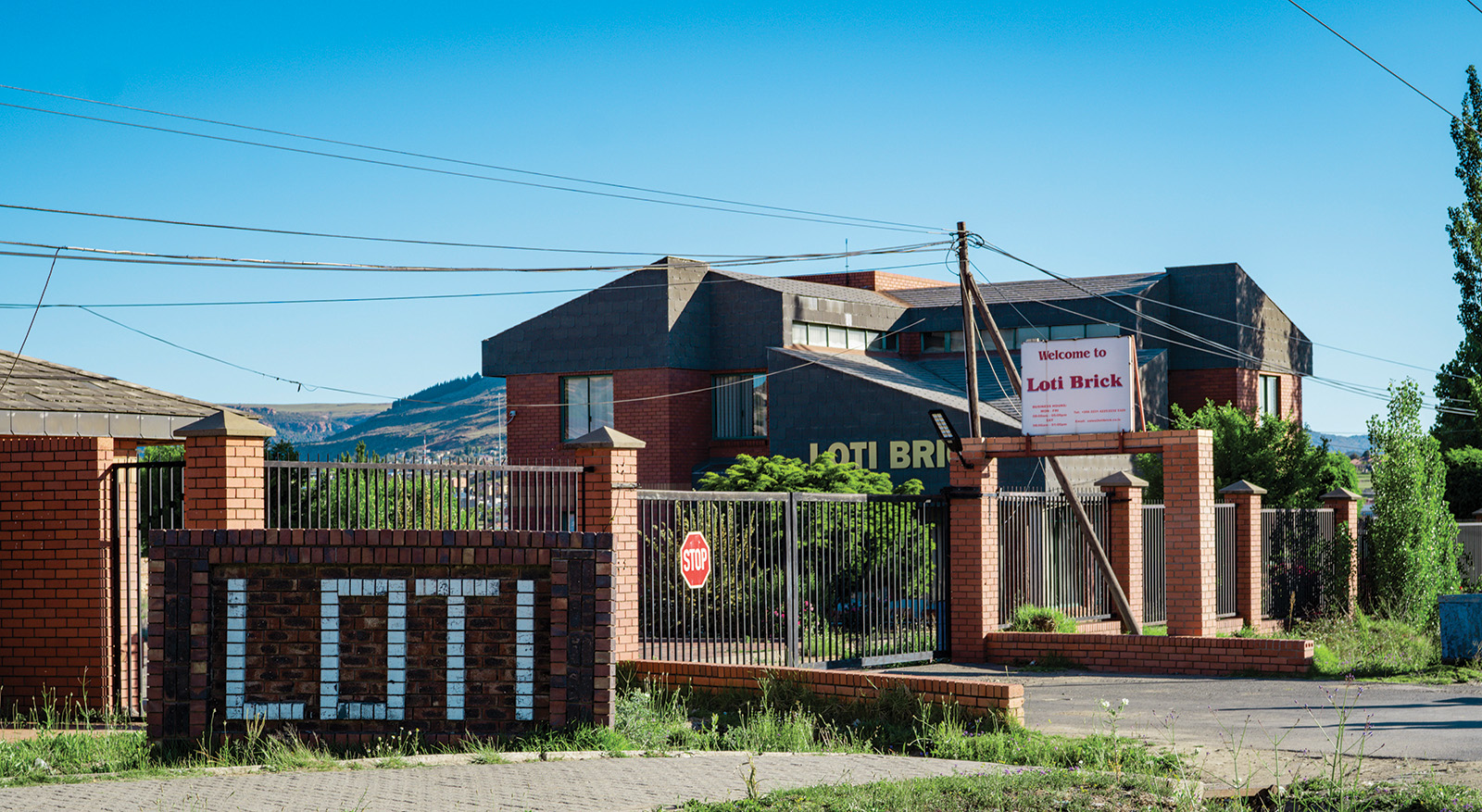
LNDC seeks Loti Brick liquidation
9 days ago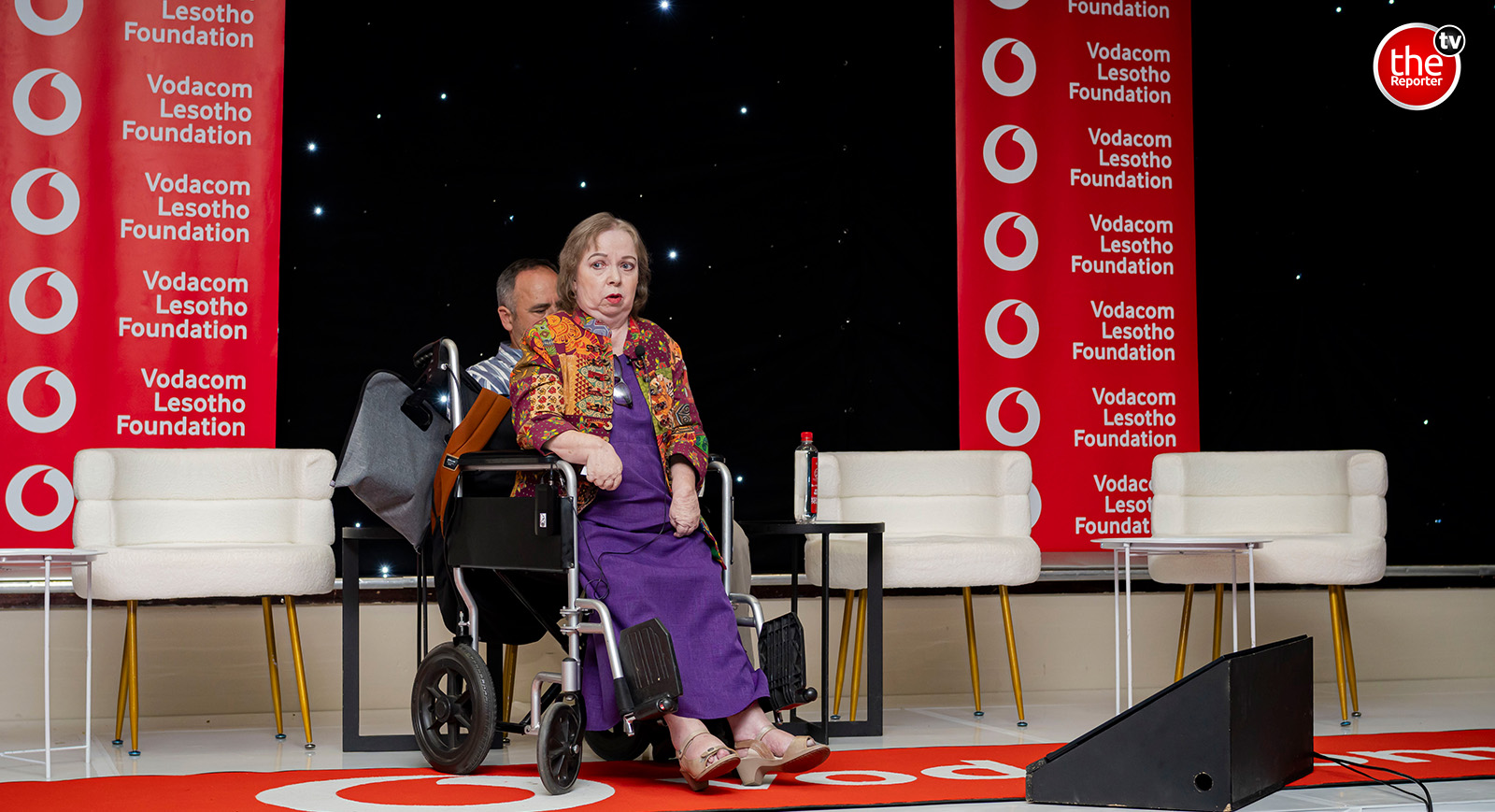

Matekane launches ZMG Isuzu dealership
9 days ago